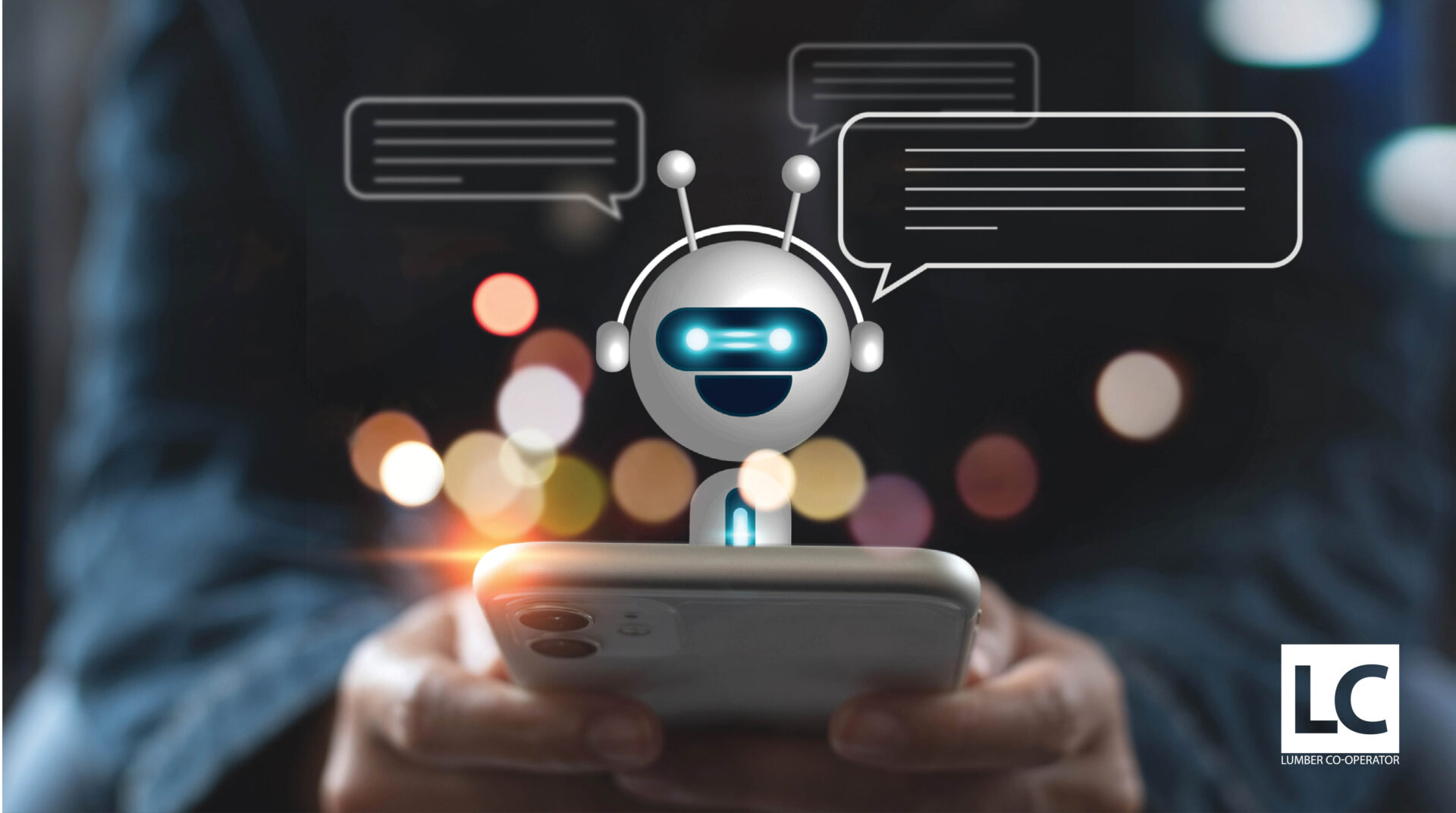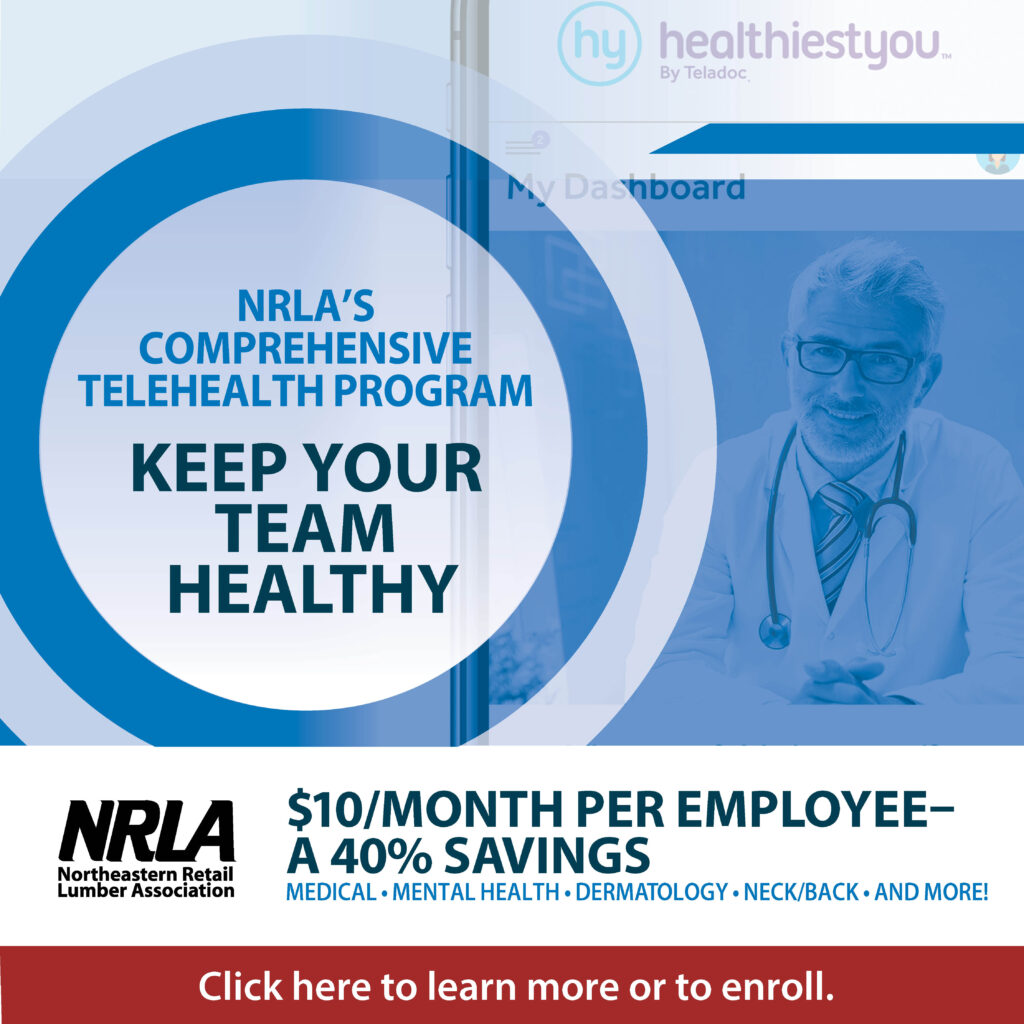In the zip-paced world of marketing, one of the most transformative advancements of late has been the integration of artificial intelligence (AI) to enhance personalization strategies. AI-powered personalization in marketing represents a sea change in how brands engage with their audiences, offering tailored experiences that not only captivate consumers but also drive conversion rates and brand loyalty. In this post, we’re going to take a look at the dynamic landscape of AI-powered personalization in marketing and consider the key components, benefits, challenges, and future of this radical, but promising, approach.
Understanding AI-Powered Personalization
AI-powered personalization refers to the application of artificial intelligence and machine-learning algorithms to analyze vast amounts of data and deliver tailored content, recommendations, and experiences to individual users. It encompasses a wide range of marketing activities, from personalized product recommendations on ecommerce websites to targeted email campaigns and customized content recommendations on social media platforms.
At its core, AI-powered personalization aims to create a one-to-one marketing experience, making customers feel understood and valued. (We’re not immune to this, even when we know it’s happening. When something as elementary as an email with our first names integrated into the copy—punctuated properly, of course—drops into our inboxes, we are on board to read it.)
Personalization has power—with or without AI, according to McKinsey’s research.
“Our research found that companies that excel at personalization generate 40% more revenue from those activities than average players,” reported McKinsey in 2021 during the pandemic. “Across U.S. industries, shifting to top-quartile performance in personalization would generate over $1 trillion in value. Players who are leaders in personalization achieve outcomes by tailoring offerings and outreach to the right individual at the right moment with the right experiences.”
AI’s ability to punch up personalization has only added urgency to the marketing landscape.
But what are the specifics?
Key Components of AI-Powered Personalization
1. Data Collection and Analysis: The foundation of AI-powered personalization lies in collecting and analyzing user data. This data can include demographics, browsing history, purchase behavior, social media interactions, and other information. Advanced AI algorithms process this data to gain insights into individual preferences and behaviors.
2. Segmentation: Once the data is collected and analyzed, AI algorithms segment users into distinct groups based on similarities in their behavior and preferences. These segments form the basis for creating personalized marketing strategies.
3. Recommendation Engines: Recommendation engines are AI algorithms that suggest products, services, or content to users based on their past behavior and the behavior of users in the same segment. These engines are widely used in ecommerce and streaming services to increase sales and engagement—and they work.
“In data-driven markets, the most effective competitors reliably offer the most effective advice. When predictive analytics are repackaged and repurposed as recommendations, they transform how people perceive, experience, and exercise choice. The most powerful—and empowering—engines of commerce are recommendation engines,” according to MIT’s Sloan Review. Top of form “Recommendation engines have been essential to the success of digital platforms like Alibaba, Amazon, Netflix, and Spotify, according to their founders and CEOs. For companies such as these, recommendation engines aren’t merely marketing or sales tools but drivers of insight, innovation, and engagement. Superior recommendations measurably build superior loyalty and growth; they amplify customer lifetime value. Computing compelling recommendations profitably reshapes human behavior.”
Recommendation engines represent a global alteration in how choices can be personalized, packaged, presented, experienced, and understood. But that change—those choice architectures—needs to be better understood, according to the MIT Technology Review. Because they frame people’s futures.
4. Dynamic Content Generation: AI can create dynamic content that adapts to the individual user’s preferences and context. This includes personalized email subject lines, website content, and social media advertisements. By harnessing the power of data analytics and automation, marketers can create highly personalized and relevant content that resonates with their target audience.
One key advantage of dynamic content generation is its ability to boost engagement and conversion rates. When users encounter content that speaks directly to their interests and needs, they are more likely to interact with it and take desired actions, such as making a purchase or filling out a form.
Dynamic content also allows marketers to adapt to changing market conditions swiftly. They can A/B test various content variations and instantly implement the most effective ones. This flexibility ensures that marketing efforts remain agile and responsive to evolving consumer preferences.
Incorporating dynamic content into email marketing, website experiences, and advertising campaigns can result in increased customer satisfaction and loyalty. By delivering tailored content at the right moment, brands can build stronger connections with their audience and—ideally—drive growth.
5. Predictive Analytics: AI can predict future customer behavior, such as which products a customer is likely to purchase or when they might churn. This enables proactive marketing strategies.
Benefits of AI-Powered Personalization
The adoption of AI-powered personalization in marketing offers several significant benefits, including:
1. Improved Customer Engagement: Personalized experiences resonate with customers on a deeper level, increasing engagement and interaction with brands.
2. Higher Conversion Rates: Recommendations based on individual preferences lead to higher conversion rates, as customers are more likely to make purchases that align with their interests.
“Personalization can lead to higher conversion rates because it makes the customer feel valued and understood. When a customer feels that a business is catering to their specific needs and preferences, they are more likely to trust the brand and make a purchase,” according to the software platform MarketTailor. “Personalization can lead to increased customer engagement and loyalty, as customers are more likely to return to a website that offers a personalized experience.”
3. Enhanced Customer Retention: Personalization fosters loyalty by making customers feel valued, which leads to higher retention rates and increased customer lifetime value.
4. Efficient Marketing Spend: AI helps optimize marketing spend by delivering content and offers to the most receptive audience segments, reducing wasted resources.
5. Real-time Adaptation: AI-powered systems can adapt in real-time to changes in customer behavior, ensuring that marketing messages remain relevant.
But choice overload may be at the heart of why personalization does all these things so well.
“Choice overload is often leading to no choice being made, with the average 2023 documented online shopping cart abandonment at a rate of 69.99%, according to the Baymard Institute. Without AI-powered recommendation engines, navigating this sea of choices is an arduous task, and for the business, there is tremendous revenue potential in being able to close just a small percent of those abandoned carts,” according to Forbes.
In its article “The Power of AI—Five Techniques to Personalize Your Ecommerce Experience,” Adobe demonstrates a handful of ways AI can help marketers in the ecommerce sector make a successful connection between AI and revenue building, including how to use AI to identify and create valuable segments, how to deliver product recommendations, and how to use AI to create personalized content.
According to Adobe, “76% of personalization leaders intelligently automate the assembly of modular content, and 69% of personalization leaders use artificial intelligence and machine learning to create photorealistic images.”
Challenges and Ethical Considerations
While AI-powered personalization offers numerous benefits, it also comes with challenges and ethical considerations.
1. Data Privacy
Collecting and storing personal data raises concerns about privacy and security. Brands must be transparent about data usage and comply with data protection regulations like GDPR.
2. Bias and Fairness
AI algorithms can inadvertently perpetuate biases present in the training data, leading to unfair or discriminatory recommendations. Ongoing monitoring and mitigation efforts are essential to address this issue.
3. Customer Trust
If customers feel that their data is being misused or that their privacy is not respected, it can erode trust and harm the brand’s reputation.
4. Algorithm Transparency
The inner workings of AI algorithms are often complex and opaque, making it challenging to explain how recommendations are generated. This lack of transparency can be a barrier to adoption.
The Future of AI-Powered Personalization
The future of AI-powered personalization in marketing is exciting and holds vast potential as its ability to hyper-personalize will continue to move closer to delivering truly one-to-one marketing experiences.
Advances in voice and visual recognition will enable AI to personalize interactions based on user tone, sentiment, and visual cues. (Maybe as well as your spouse!) Augmented Reality (AR) and Virtual Reality (VR) will provide new avenues for personalized marketing experiences, allowing customers to interact with products and services in immersive ways. Blockchain technology may play a role in enhancing data security and transparency, which will address some of the privacy concerns around using AI.
And we’re really looking to brands being willing to prioritize ethical considerations in AI-powered personalization, which will ensure fairness, transparency, and respect for user privacy.
If you’re already sold on how AI-powered personalization can benefit the marketing at your company, even given ethical concerns, but need more information on what platforms and tools to use to generate this AI magic, consider HubSpot’s guide to AI tools for marketers. Yes, HubSpot does plug HubSpot, but it’s not wrong about its recommendations. If you’d like another source, Influencer Marketing Hub also offers an easy-to-understand overview.
AI-powered personalization has revolutionized the marketing landscape, offering brands a powerful tool to engage customers on a personalized level. By harnessing the capabilities of AI, marketers can deliver tailored experiences that drive engagement, conversion, and loyalty. But as this technology evolves, it is crucial to address challenges related to data privacy, bias, and transparency while upholding ethical standards.
The future promises even more stimulating possibilities as AI continues to transform the way brands connect with their audiences, making marketing more personalized and relevant than ever before. We’re looking forward to being part of it.
Want to read the full March 2024 issue? Click here.
Elton Mayfield is the co-founder of ER Marketing, a B2B marketing agency with a special love for the building industry—quite possibly, because they’ve been building clients themselves. For more than 18 years, ER Marketing has been dedicated to improving the marketing channel for all things building.







